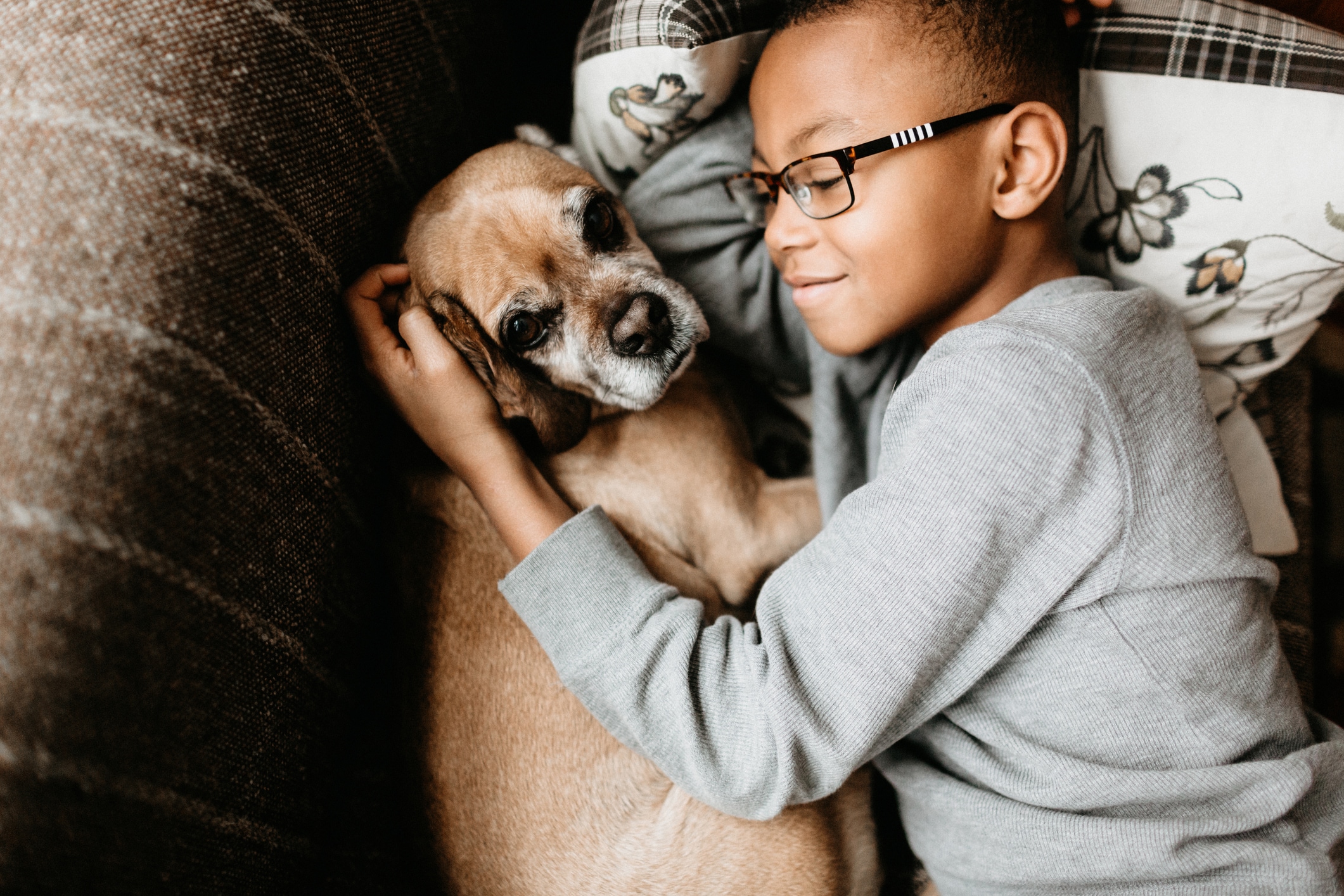Maintaining an open dialogue with our children is a priority, but it’s not always easy to get information out of them. The older they get, the more likely they are to give you an exasperated shrug in response to your “How was your day”-type questions. If you have a particularly chatty child, you may even get them to give you some kind of one-word response like “Fine” or “Whatever.”
But, there are some clever ways around the silent treatment.
In my nearly 14 years of parenting two oftentimes-uncommunicative boys, I have a developed a few tricks that have proven extremely effective in getting them to open up and actively engage in conversation with me — and without realizing that that’s what they’re doing.
Here are my four go-to games to get them to open up to me:
1) Two Truths and a Lie
A launching pad for dinner or drive-time discussion, this game (suitable for young and old alike) is an ingenious way to not only get information out of your kids, but also share what happened in your own day.
Here’s how it works: One person lists two things that happened that day (true things) and one thing that didn’t (the lie). The other players then guess which one is the lie. After everyone has a guess, go in order and reveal the correct answers, including why the lie was a lie and what happened instead.
With this game, you’ll learn not one, not two, but three things that took place in your child’s day — a veritable treasure trove of information.
2) Most Favorite/Least Favorite…
In a similar vein as “Two Truths and a Lie,” this game can be played over a meal or en route to and from activities.
Here’s how it works: One person asks the group to guess something about him or herself in an attempt to stump family members. For example, the first person may ask: “What’s my favorite singing group,” “Who’s my best friend,” or “What’s my favorite subject?” Then, the other players take turns guessing, and the one(s) who guess correctly wins and gets to go next.
You can also use this game to learn about the areas where your kids may be struggling. For example, one of my kids once asked, “Who is my least favorite person?” While I initially thought that this was a negative spin on what was supposed to be a fun game, I ended up learning about a boy at school he was having trouble with.
Kids are always changing and evolving in their likes and dislikes, so this game is a good way to help you keep up.
3) Bedtime Musings
Children tend to open up more at night, when all is quiet and they’re at their most vulnerable. While it may be tempting to simply give the kids a kiss goodnight, instruct them to brush their teeth and send them off to bed, taking five minutes to lie down with them can pay off in spades.
I’ve learned from experience that late-night dialogues with my kids take on a much more substantive form than when we chat at any other time of day. There’s something about a child’s need to connect and bond when they’re tired that creates a safe environment for them to open up and share — about both the good stuff and the bad stuff.
4) The Grab Bag
This is a rewards system that I’ve found extremely effective in my quest for good mom-child communication.
Here’s how it works: Take any kind of bag and fill it with “goodies.” For smaller kids, use candy, play dough, temporary tattoos or small bottles of bubbles. For older kids, you might consider iTunes gift cards, packs of gum or coupons for one night off from doing chores. Then, challenge your kids to tell you five things that happened in school that day. If they succeed in giving you some good, insightful information (not just, “I ate lunch” or “I went to math class”), they get to stick their hand in the grab bag and pull out an item.
Another variation of this game is to ask them if they did anything “above and beyond” that day, such as helping a peer with a project, sharing their lunch with someone, or sticking up for a friend who was being picked on.
The aim of the game is to select treats that are small enough to create a little excitement, encourage open communication, and reward good behavior without spoiling or bribing them. The truth of the matter is — though they may not realize it — the real reward they receive is the connection they’ve just established with you in that five-minute exchange.
Maintaining an open dialogue with your children not only helps keep them out of trouble, but it also improves your bond with them, builds up their self-esteem, and provides them with important relationship-building skills. Make talking to you fun and non-intrusive, and the information will flow out of them naturally and with ease.





